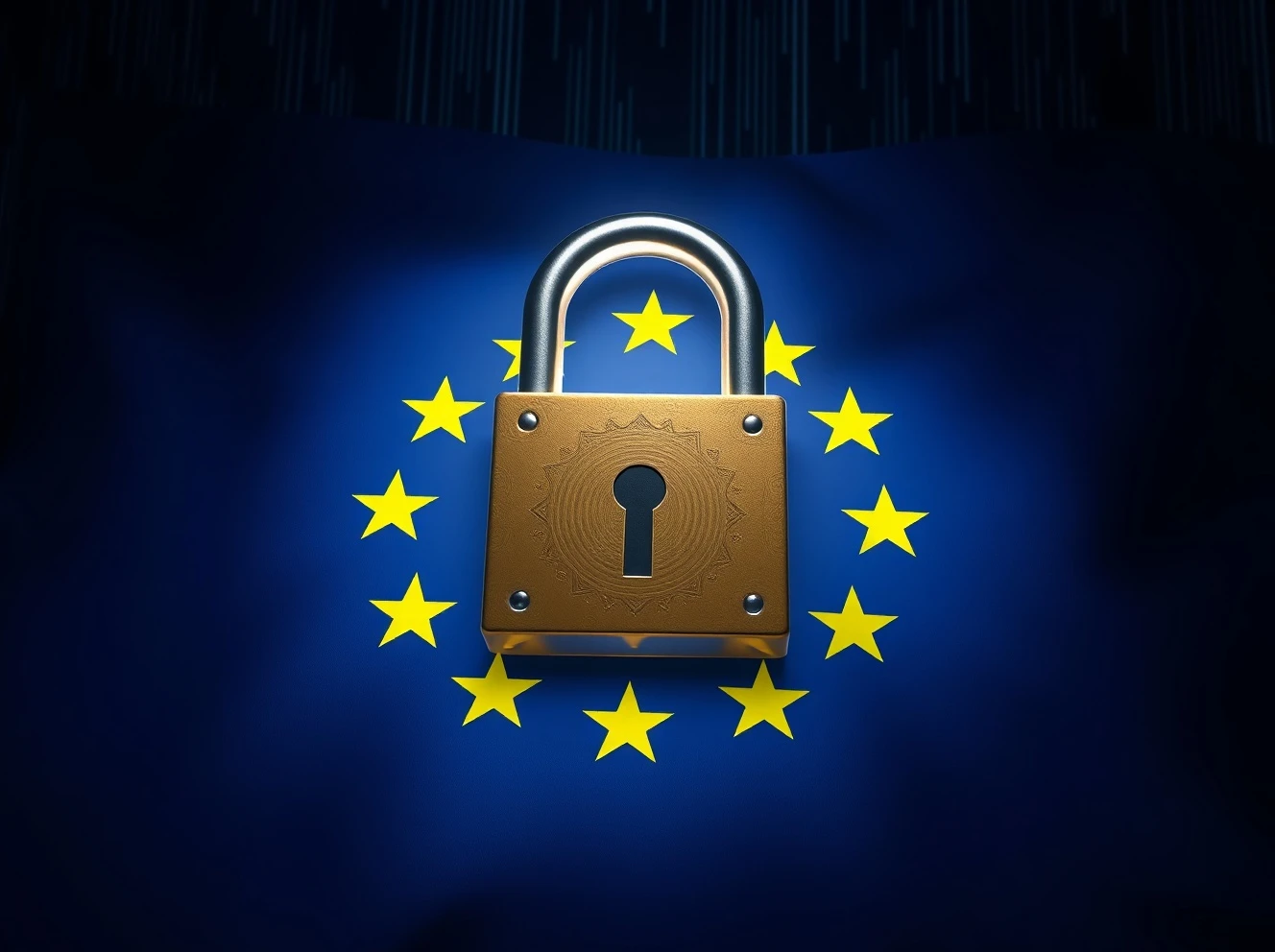European regulators are advancing controversial Chat Control legislation that could fundamentally reshape digital privacy across the continent. This sweeping proposal mandates scanning private communications before encryption, creating unprecedented surveillance capabilities that threaten individual privacy rights. Consequently, Web3 technologies emerge as potential safeguards against these intrusive measures.
Understanding Chat Control’s Surveillance Mechanisms
The Chat Control proposal requires messaging platforms to implement client-side scanning technology. This system analyzes photos, videos, and links on users’ devices before encryption. Experts warn this approach creates significant security vulnerabilities. Moreover, it establishes dangerous precedents for government access to private communications.
Web3 Encryption as Privacy Protection
Decentralized Web3 platforms offer robust encryption solutions that maintain user privacy. These systems operate on open protocols without central servers vulnerable to interception. Additionally, Web3 messaging applications provide end-to-end encryption by default. Therefore, they represent viable alternatives for privacy-conscious users.
Technical Advantages of Decentralized Networks
Web3 infrastructure distributes data across multiple nodes rather than central servers. This architecture prevents single points of failure and government interference. Furthermore, blockchain-based communication systems ensure tamper-proof message integrity. Users consequently maintain complete control over their digital interactions.
Political Landscape and EU Division
Fifteen EU member states currently support Chat Control legislation including France and Italy. However, nine countries led by Germany strongly oppose these measures. This division reflects deeper ideological conflicts about digital rights. The upcoming Council vote will determine Europe’s surveillance future.
Key Statistics and Opposition
- 15 EU countries support Chat Control measures
- 9 nations including Germany and Poland oppose implementation
- 4 member states remain undecided on final voting
- 400+ cryptography experts signed warning letters against the proposal
Practical Implications for Digital Citizens
Chat Control implementation would affect popular messaging platforms like WhatsApp and Signal. These services would need to rebuild their encryption systems fundamentally. Users might consequently experience increased false positives and content filtering. Privacy advocates worry about mission creep beyond initial child protection objectives.
Web3 Migration Pathways
Decentralized applications provide migration options for concerned users. These platforms include encrypted messaging, decentralized storage, and censorship-resistant networks. Furthermore, integrated wallet communications offer seamless cryptocurrency interactions. The transition therefore supports both privacy and financial sovereignty.
Frequently Asked Questions
What exactly does Chat Control legislation require?
Chat Control mandates that messaging platforms scan user communications before encryption occurs. This includes analyzing images, videos, and links for potentially illegal content.
How does Web3 provide better privacy protection?
Web3 utilizes decentralized networks and end-to-end encryption by default. These systems prevent central authorities from accessing or scanning private communications.
Which countries oppose Chat Control measures?
Germany, Luxembourg, Austria, Netherlands, Finland, and Poland lead opposition efforts. These countries cite privacy concerns and potential security vulnerabilities.
When will the final vote occur?
The European Council vote timing remains uncertain. Germany’s position likely determines the final outcome due to its voting weight.
Can existing apps maintain encryption under Chat Control?
Current encryption standards would require significant modification. Platforms might need to weaken or bypass encryption to comply with scanning requirements.
Are there legitimate alternatives to mass surveillance?
Yes. Targeted investigation methods exist without compromising entire encryption systems. These approaches focus on actual suspects rather than general population monitoring.








